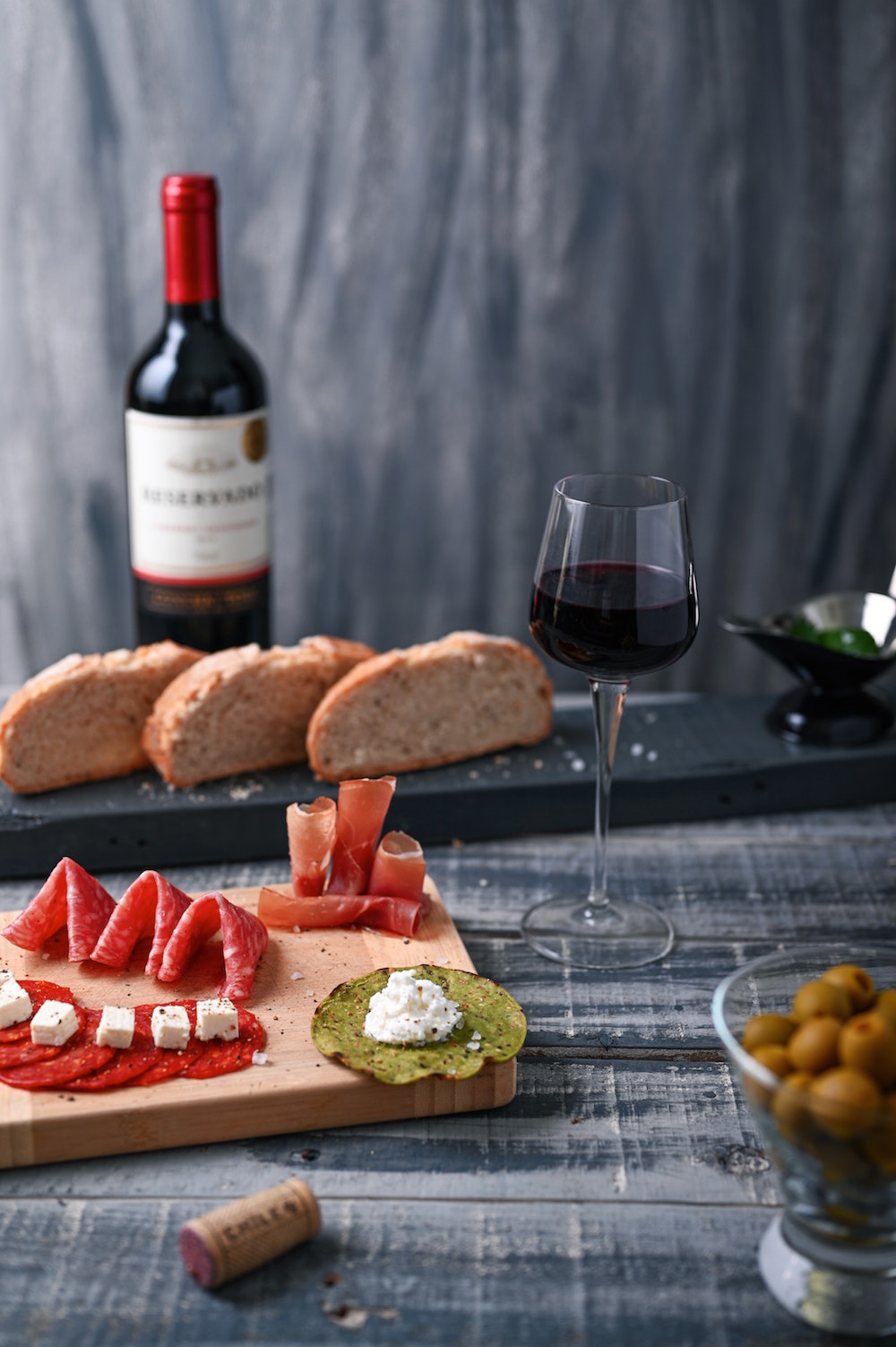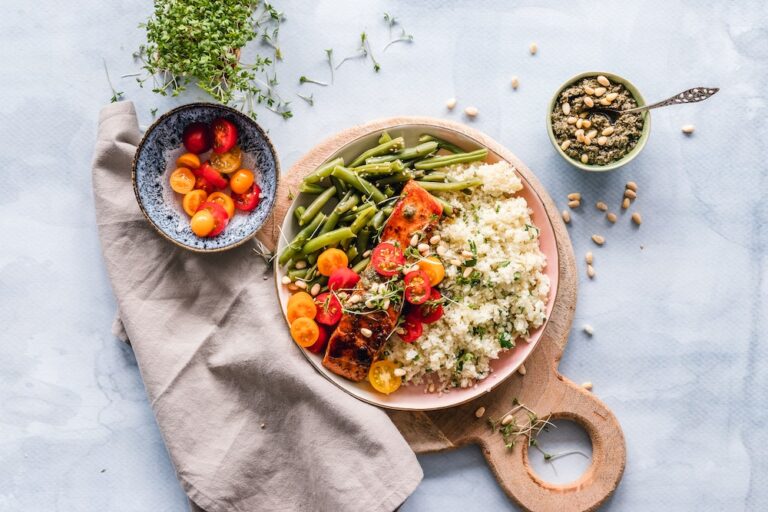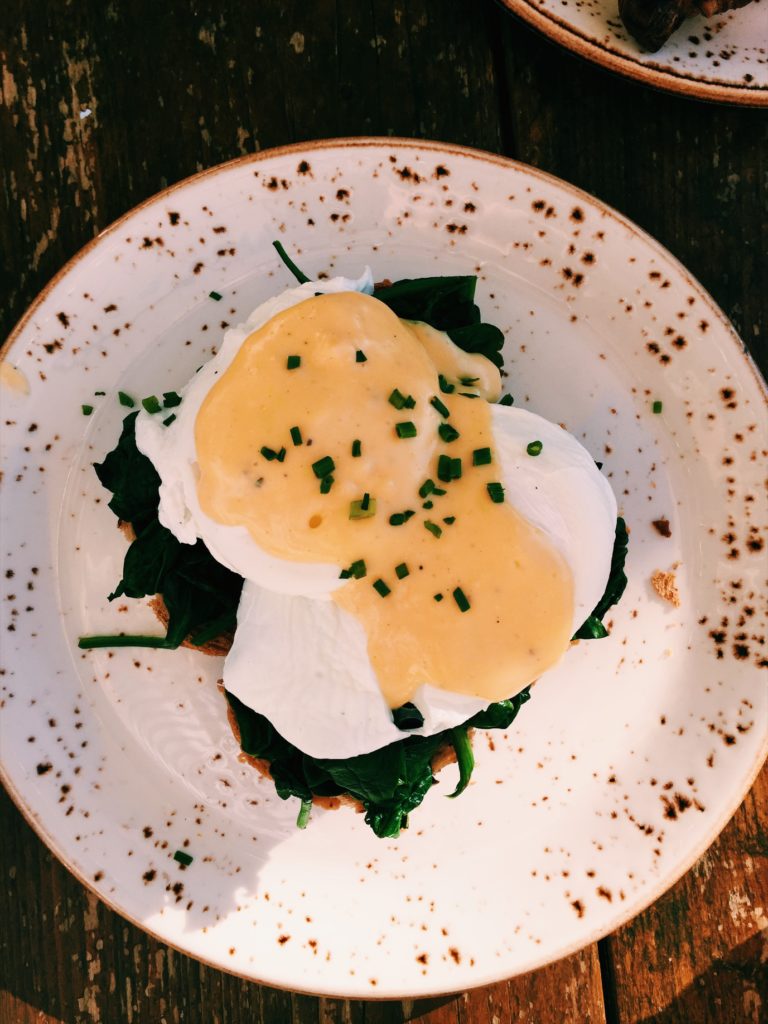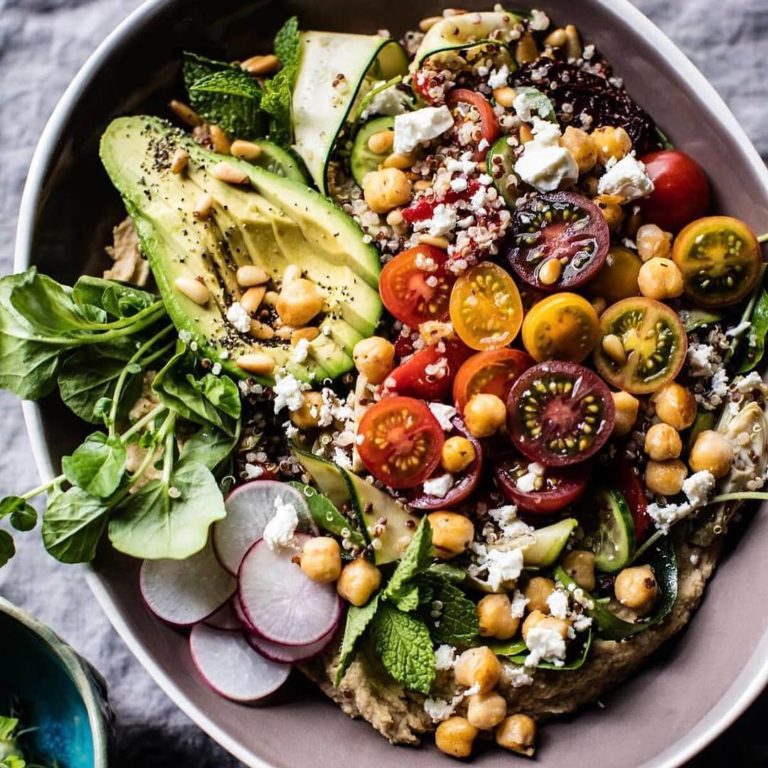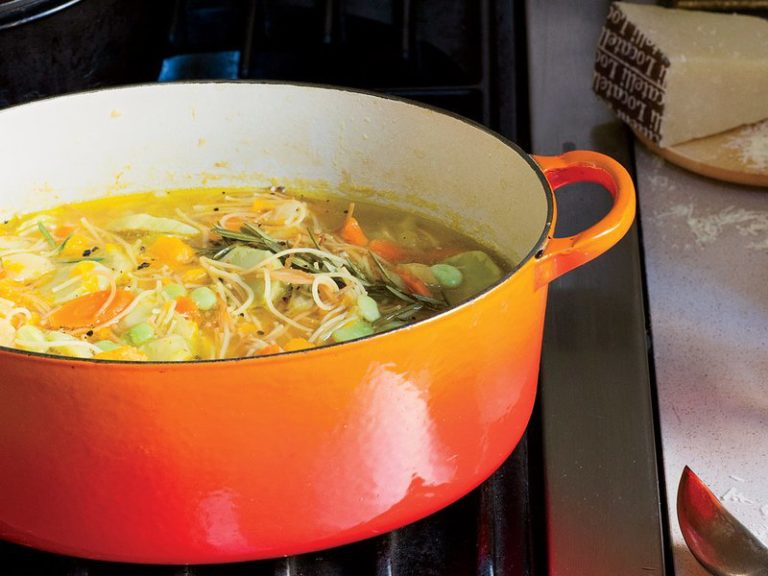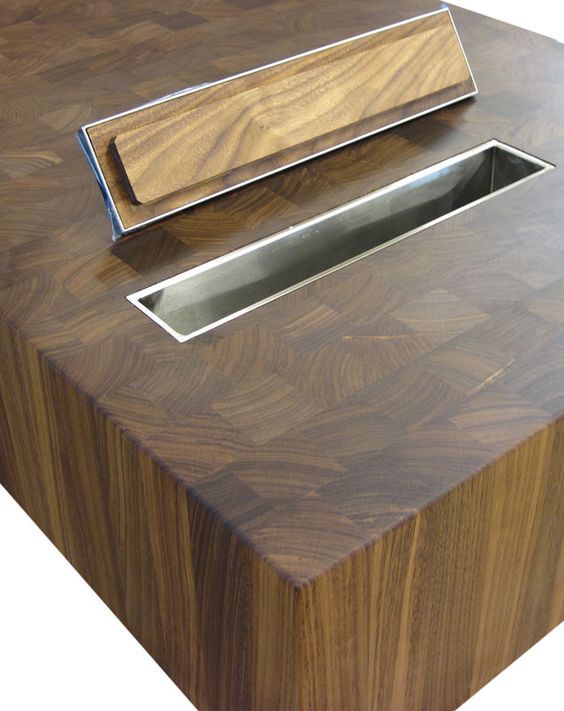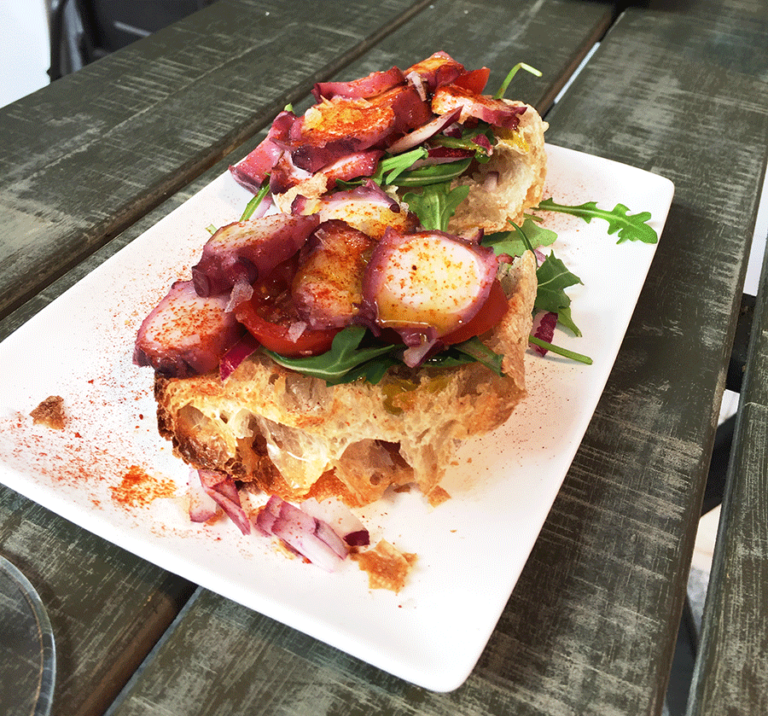Changing Your Relationship With Alcohol
Self-improvement is a lifelong endeavour. No matter how good you feel or how much progress you make, there is always something else you believe you could be doing better. From going on diets to taking out a gym membership or simply honing your craft on the guitar, there are many avenues in which self-improvement takes us.
For many, this self-improvement journey revolves around making healthy choices – and the amount of alcohol we consume can play a big part in this. The spectrum of help needed to tackle our alcohol habits is a wide one. Alcohol is an addictive substance and so for some the best route of help to take is seek professional help at a rehabilitation centre.
For those who just need help cutting down, however, there are a variety of helpful tricks and techniques which can alter your mindset and help you change your relationship with alcohol.
Keep a note of how much you drink
People are living increasingly busy lives and, as such, the amount we are truly drinking every week can get lost in among the hundreds of other activities we are taking part in. By keeping a list of the amount of alcohol you are consuming every week, you will be able to reveal the true extent of your drinking habits, which can spur you into action when contemplating cutting down.
The NHS recommends that men and women should avoid drinking more than 14 units a week on a regular basis. By keeping a drinking diary, you’ll know whether you’re above this – and by how much.
Stop drinking during the week
It’s important to give our bodies a break from alcohol and having a few days in which you tell yourself you’re not going to drink is a good way of maintaining these regular breaks. Mentally, this is a good exercise to practice too. By having that message of ‘no alcohol during the week’, you will be less likely to crave a drink or accept one from a friend during weekday periods.
The occasional lapse in this practice is fine, but keep this as a ‘rule of thumb’ if you want to generally cut down.
Alcohol free alternatives
Often not drinking on a night out is difficult – and this is often due to social pressure or the fear of not fitting in with the rest of your friends. By replacing your beer with a non-alcoholic version or low-alcohol alternative you can still look and feel like part of the group – but be safe in the knowledge that your alcohol consumption is minimal.
Fortunately, the range of non-alcoholic beers, wines and spirits is expanding rapidly, so there should be plenty of choice available to you if you want to take this route.
Avoid getting involved in “rounds”
When you’re with a group of friends at a pub, it’s easy to slip into the practice of getting a round in – after all, it’s sociable and generous and feels like a nice thing to do. Unfortunately, this sometimes means that the amount you drink is dictated to by everyone else – and you might feel like you have to stay out until each of your party has purchased ‘their round’. Depending on how many of you are out, this can lead to overconsumption.
Avoid this by setting the tone early on and getting your own drinks. Once you’ve taken the initial step, others will probably follow suit.
Pub snacks are a no no
Ever wondered about the reasoning behind pub snacks, other than the fact they’re enjoyable to snack on? They are usually full of salt, which in turn makes you thirsty and therefore more inclined to drinks! It’s a clever set up – but one to steer clear of if you want to avoid consuming too many drinks. It’ll be better for your waistline too in the long run.
Alternate between alcoholic and non-alcoholic drinks
A simple tip, and one that can effectively limit how much alcohol you drink when you do go out for an evening get together. By simply alternating between drinking an alcoholic drink and a non-alcoholic drink you can give yourself a break from alcohol, help your body to rehydrate and keep yourself alert and in control.


